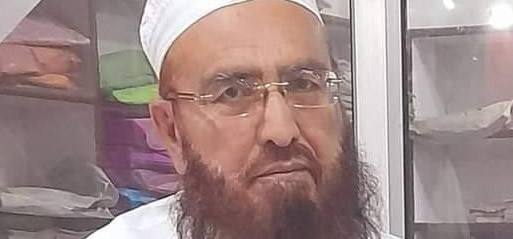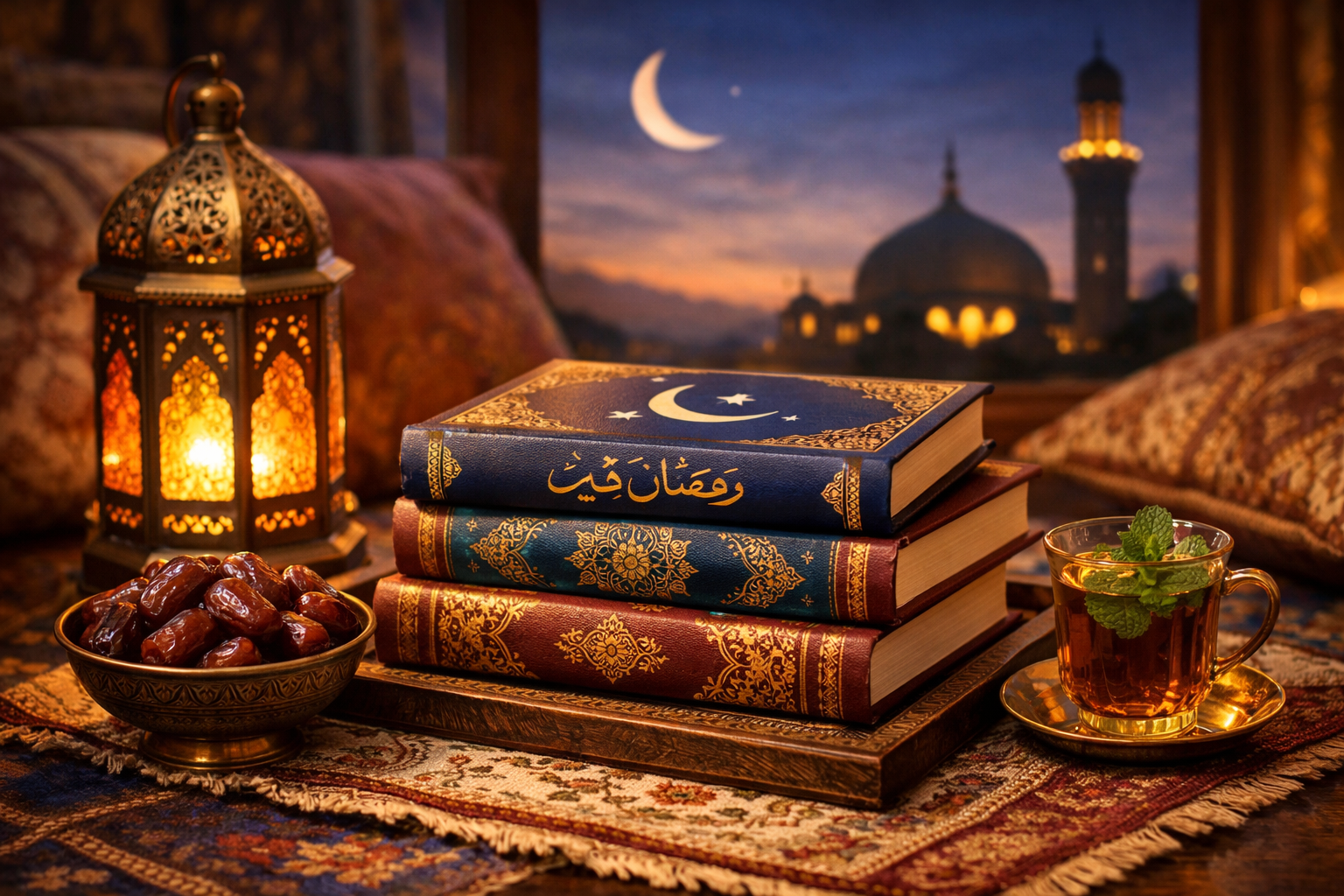
Maulana Wasif Husain Nadeem al-Wajidi (Born: July 23, 1954, Deoband, Saharanpur, UP, India – Died: October 14, 2024, Chicago, Illinois, US)
M Ghazali Khan, Freelance Journalist
Renowned Indian Islamic scholar, Urdu writer, translator, author, and columnist Maulana Wasif Husain Nadeem al-Wajidi passed away on October 14 in Chicago, where he had gone to visit his son, the well-known Islamic scholar and vlogger, Mufti Yasir Nadeem Al-Wajidi. Maulana Wajidi suffered a heart attack that left him in critical condition. Despite undergoing open-heart surgery, he sadly did not survive.
Born in Deoband, India, on July 23, 1954, he was a prolific and fearless writer, having authored at least 50 books on a variety of topics and contributed extensively to numerous newspapers and journals. Maulana Wajidi came from a family of scholars in Deoband. His maternal uncle, Maulana Sharif (who, incidentally, was a classmate of my late grandfather, Hafiz Abdul Jaleel Khan), served as Sheikh-ul-Hadith at Darul Uloom Deoband. Another scholar from Maulana Wajidi’s family also held the position of Sheikh-ul-Hadith in Jalalabad (District Muzaffarnagar, Uttar Pradesh), though I cannot recall his name.
Maulana Wajidi was a close friend of my younger uncle (chacha), Dr Yusuf Khan, a retired professor of Arabic at Aligarh Muslim University. They were classmates at Darul Uloom Deoband, possibly even during their hifz (Qur’an memorisation) studies, and often led Tarawih prayers together. I first met Maulana Wajidi during his student days when he visited our home.
When I shared the sad news with my uncle, he was deeply grieved and spent a long time reminiscing about their student days, telling me how they, along with a third friend, Maulana Saroor (now deceased), used to practise debates together.
In 1972, the iconic and highly respected Muslim politician and leader of the Muslim Majlis, Dr Abdul Jaleel Fareedi, launched a movement against the government’s attempt to strip Aligarh Muslim University (AMU) of its minority character. A day of protest was planned, but to prevent the demonstration, the government imposed Section 144 across Uttar Pradesh, banning assemblies and rallies. Rather than confront the government, Dr Fareedi and his colleagues in the Majlis cancelled public meetings and rallies. Instead, they assigned speakers to deliver talks at local Jama Masjids to inform congregations about the implications of losing AMU’s minority status. This was accompanied by the raising of black flags on Muslim houses and the public wearing of black armbands.
Inspired by figures like Badr Kazmi, Maulana Wajidi, and some of my relatives—all of them members of the Muslim Majlis’s youth wing, the Youth Majlis—my peers and I, still young and in school, joined in distributing black flags and armbands. At the time, we didn’t fully understand the issue; we only knew that Muslims were about to lose their right to govern this great institution.
Around that time, my father’s and late uncle’s friend, Maulana Abdullah Javed, started publishing a fortnightly newspaper called Markaz Jadeed from Deoband. The first article I read by Maulana Wajidi was in Markaz, and it was about AMU’s minority status. In fact, it was through this article that I first fully understood the issue we were protesting. After reading that piece, I became a fan of Maulana Wajidi’s writings and eagerly awaited the next issue of Markaz.
I still vividly remember that the Youth Majlis [Council] organised an essay competition in which I participated. When I went to submit my essay, it was received by Maulana Wajidi at the one-room office of the Youth Majlis, located opposite the office of the renowned monthly Urdu magazine Tajalli, edited by the legendary Urdu writer, Maulana Amir Usmani.
At that time, Deoband had a very hostile attitude towards Jamaat-e-Islami and Maulana Maududi. Whenever someone needed to be discredited, supporters of Jamiat-ul Ulama-e-Hind—an organisation perceived by Muslims in those days as a pro-government body—would spread rumours that the person had become a “Maududiya” (a follower of Maulana Maududi). A similar rumour was spread about Maulana Wajidi. I still remember one of my younger uncle’s classmates asking him, “Yusuf Khan, I’ve heard that Nadeem Al-Wajidi has become a Maududiya.” My uncle vehemently denied the allegation, defending his friend by saying, “That’s nonsense.”
I developed a habit of reading newspapers during my school days, thanks to my father. I continued reading Maulana Wajidi’s articles in Urdu newspapers, but after moving to London in 1983, I lost touch with Indian Urdu papers until the advent of the internet reconnected me with them. Once again, I began reading Maulana’s articles, some of which I even translated and published in English.
Every time I visited Deoband, I thought about meeting Maulana, but once there, I always felt inclined to spend as much time as possible with my father and didn’t feel like going anywhere else. Sadly, I missed the privilege of meeting Maulana Wajidi.
However, during a visit to Deoband in February this year, my dear friend Dr Ubaid Iqbal Asim persuaded me to say a few words at a book launch ceremony for *Baatein Mulaqatein*, a compilation of interviews conducted by senior Urdu journalist Shahid Zuberi with several renowned personalities. When I arrived at the hall, I found prominent figures like Maulana Wajidi, Dr. Rahat Abrar, Professor Shafiq Kidwai, and Badr Kazmi on stage. That was my last meeting with Maulana, and sharing the stage with him was a great honour.
May Allah accept Maulana’s services, elevate his ranks, and grant patience to Mufti Yasir Sahib, his respected mother, and the entire family. Ameen. Thumma Ameen.
-(Photo courtesy of the family)


